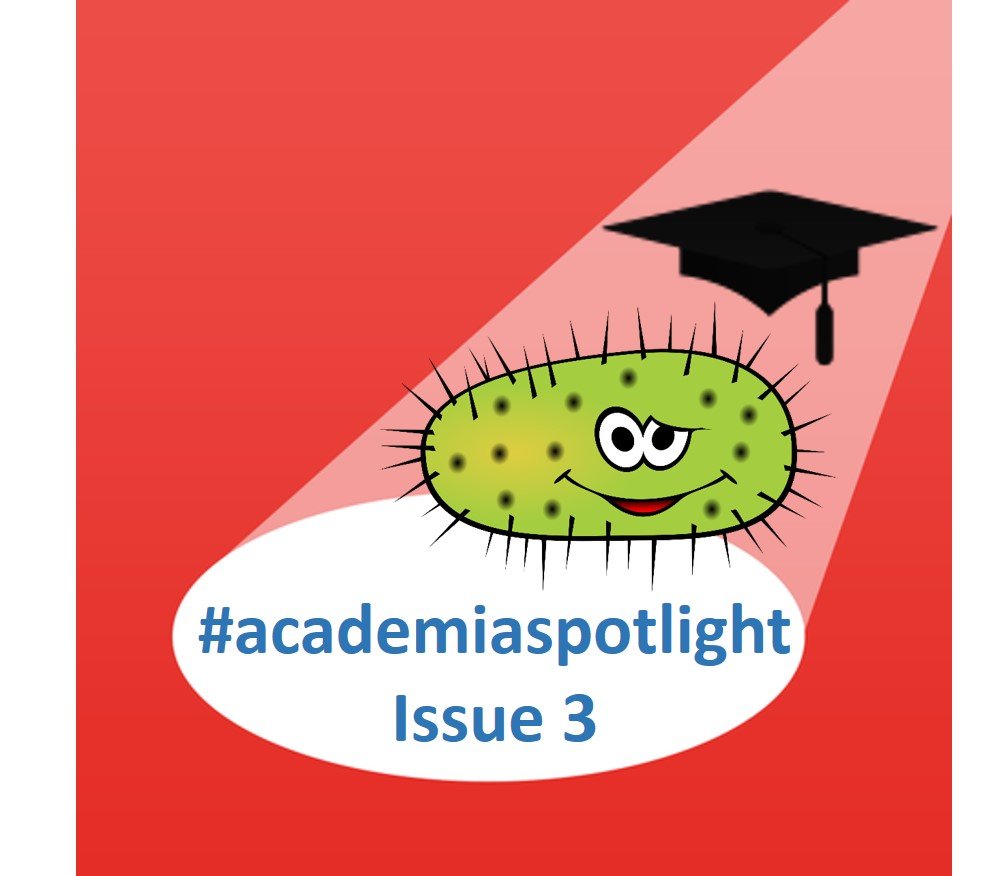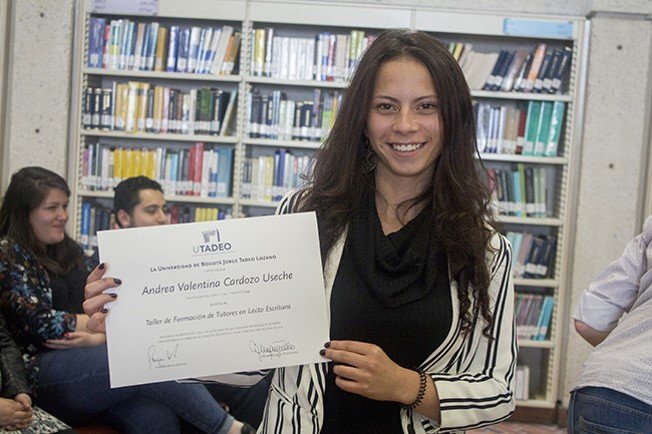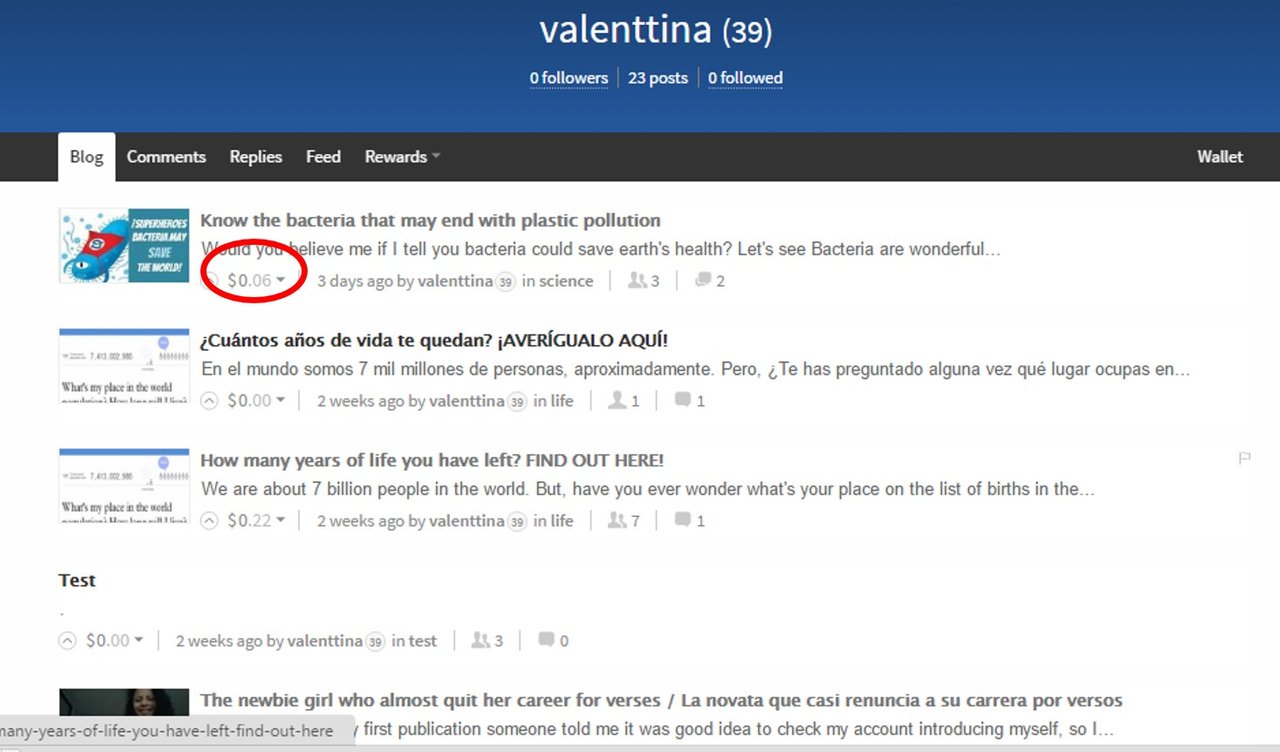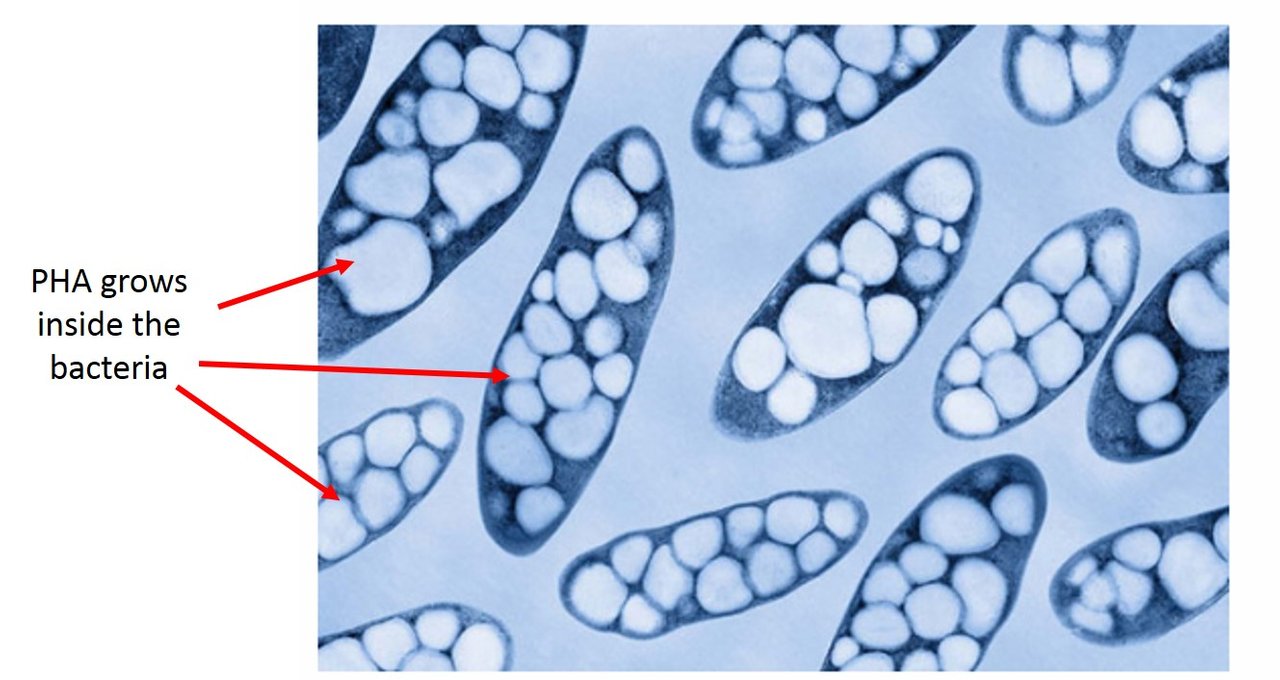Promoting academia work in Steemit

A review of academic blog entries posted by @coinbitgold, who is using all Steem Dollars from my #academiaspotlight upvotes to promote Steemit to Scientists, Economists, Engineers, Mathematicians in academia. All steem dollars from this post will go to author and reviewer for thanking their contribution to steemit #academia! The #academiaspotlight is an initiative by #pevo team.
1st issue @ben.zimmerman
2nd issue @justtryme90
Welcome to the 3rd issue of #academiaspotlight!
Post: @valenttina/know-the-bacteria-that-may-end-with-plastic-pollution
Author: @valenttina
Reviewer: @coinbitgold
I am doing something special for this issue. Instead of casting PhD and post doc steemians, I am casting a student who is studying Chemical Engineering in Columbia. Let me introduce you to @valenttina!

Reason being that I find her interesting enough to have interest in both Chemical Engineering and poetry! From her introduction here. She even took the initiative to translate the steemit white paper to Spanish and posted here! Unfortunately, not many steemians notice it. Let's look at what she has posted and what i learnt from her post!

Importance of Bacteria studies
The first impression of bacteria for layman is that it is bad, it is dirty and most importantly, it makes us sick with all kinds of bacteria infection. That's why we have all kinds of anti-bacteria wash soap, detergent and what-not. But what we do also know is that there is always the good bacteria. One example of a good bacteria is the well known lactobacillus which is present in prebiotics supplements to protect our digestive system. Turns out that bacteria studies is not just about human health, it can lead to other practical applications such as biofuel production, oil spill remediations, etc! Read Sciencedaily link to catch news and other applications of bacteria. If you are blogging in #science, It might become an inspiration for your next steemit post!
Now, from @valenttina post, i got to know that apparently, a bacteria called Ralstonia eutropha found a new application in materials fabrication - biodegradable plastics!
PHA(Polyhydroxyalkanoates) made from Ralstonia eutropha

PHA is extracted from the bacteria and purified in a fermentation process. It is then used as a raw material for making biodegradable plastic bags, disposable cutleries, etc. Due to its biogenic nature, this means that they may be potentially "greener" than fossil fuel based plastic bags since they biodegrade faster. However, the high production costs of using such fermentation process when compared to fossil fuel based raw materials is hindering the process to reach industrial scale. Hence, we have not seen a major replacement of fossil fuel based plastic bag with biodegradable PHA plastic bags in the market. Guess we can look forward to more scientists trying to solve this cost issue in future!
She will be writing in her field of chemical engineering, environmental applications, poetry and her life in general. I wish all the best to @valenttina and look forward to her future blog entries. So follow @valenttina if you are interested to learn more on chemical engineering and how it helps in the environment! Half of steam dollars from this post will go to @valenttina for thanking her contribution to steemit #academia #science.
We hope that you have learnt something from this post. We also welcome any feedback on #academiaspotlight. Please let us know if you found posts which are academic in nature which have not received as much love and we may add them to the next issue.
Stay tuned and watch out for #academiaspotlight issue 4!
